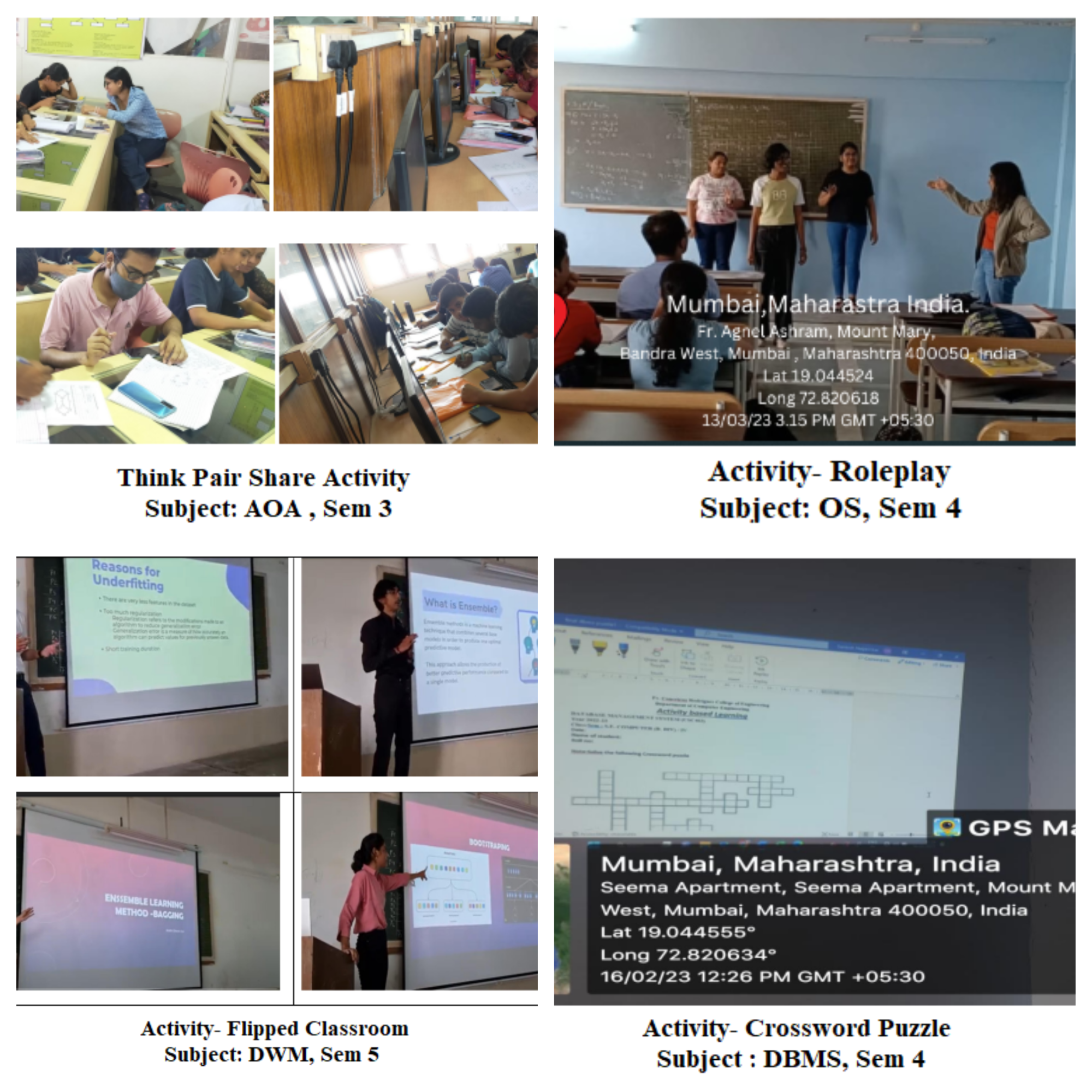Virtual Labs:
1. Virtual Lab -C Programming
A virtual lab for C programming provides an innovative and accessible platform for students to learn and practice programming skills. It offers a simulated environment where learners can write, compile, and run C code without the need for physical hardware or installations. Virtual labs typically include a variety of programming challenges, exercises, and debugging scenarios, allowing students to gain hands-on experience and develop problem-solving skills. This virtual approach makes learning C programming more flexible and convenient, enabling students to experiment and refine their coding abilities from anywhere with an internet connection.
2. Virtual Lab- Natural Language Processing (NLP)
A virtual lab for Natural Language Processing (NLP) is a dynamic online environment designed to empower researchers, students, and practitioners to explore the intricacies of NLP without the constraints of physical resources. Within this virtual ecosystem, users can access pre-configured software, libraries, and datasets, allowing them to conduct experiments, build models, and fine-tune algorithms for tasks like sentiment analysis, language translation, and text summarization. This digital playground not only fosters hands-on learning but also promotes collaboration and experimentation in the ever-evolving field of NLP. It democratizes access to NLP tools and technologies, making NLP research and development more accessible to a broader audience.
3. Virtual Lab- Data Structures
A virtual lab for Data Structures provides an interactive and digital environment for students and learners to delve into the world of fundamental data structures. It offers a platform where users can explore, implement, and experiment with various data structures such as arrays, linked lists, stacks, and queues. This virtual space typically includes programming environments that support popular languages like Java, or Python, enabling users to code and test their data structure implementations in real-time. Additionally, it often includes visualization tools to help users understand the inner workings of these data structures, making it a valuable resource for computer science education and programming skill development.
4. Virtual Lab- Algorithms
A virtual lab on the Analysis of Algorithms is a powerful educational tool that allows students and researchers to explore and experiment with various algorithmic concepts and techniques in a digital environment. It provides a safe and convenient platform for analyzing the efficiency, complexity, and performance of algorithms without the need for physical equipment or resources. Through simulations, students can gain hands-on experience in evaluating algorithms, comparing their runtime behavior, and understanding the underlying principles of algorithm design. This virtual lab fosters a deeper understanding of the critical role that algorithm analysis plays in computer science and equips learners with essential skills for solving real-world computational problems efficiently.

